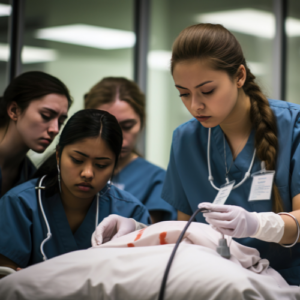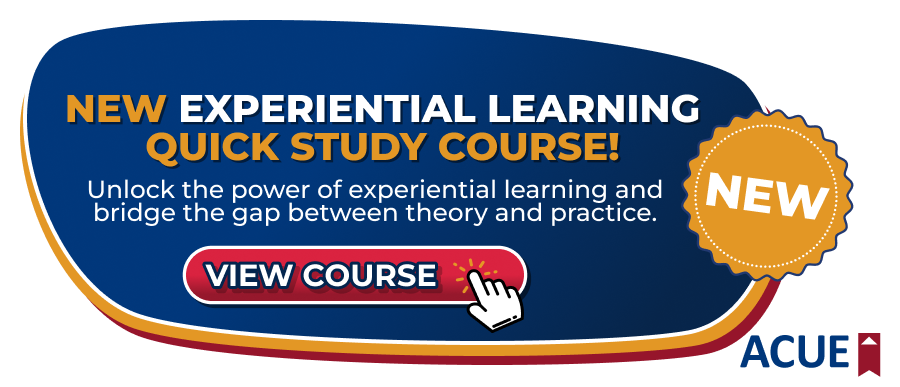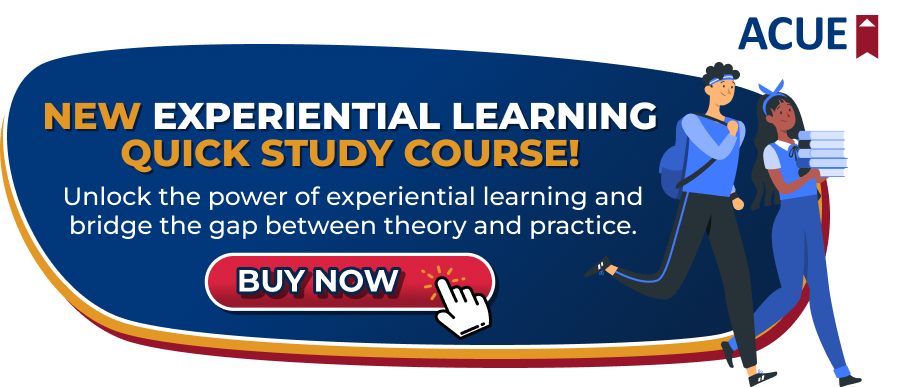How Can Experiential Learning Improve Classroom Outcomes?
 1. Connecting Theory to Real Life
1. Connecting Theory to Real Life
 2. Cultivating Essential Skills
2. Cultivating Essential Skills
 3. Boosting Engagement and Motivation
3. Boosting Engagement and Motivation
 4. Elevating Career Readiness
4. Elevating Career Readiness
 5. Encouraging Lifelong Learning
5. Encouraging Lifelong Learning
Inspiring Real-Life Examples of Experiential Learning
Experiential learning is not just a concept—it’s a transformative approach with real-world applications that showcase its profound impact. In an Inside Higher Ed article, students share how immersive experiences enable them to explore potential career paths firsthand, empowering them to make informed choices about their futures. Rebekah Layton recounts how her military experiences illuminated that career’s rewards and challenges, ultimately guiding her toward a more compatible profession. This hands-on exploration gives students a clearer understanding of how their interests align with their strengths.
Additionally, EdTech Magazine highlights the University of Texas at San Antonio’s (UTSA) experiential learning initiative called the Bold Careers program. In this initiative, students gain invaluable experience working on real technology projects within the university’s tech department. Not only do they develop technical expertise, but they also cultivate vital workplace skills such as problem-solving and effective communication. By participating in impactful projects, students gain industry-relevant experience that boosts their confidence and prepares them for the workforce.
These examples illustrate how experiential learning enriches students with authentic experiences beyond the boundaries of traditional classrooms. Programs like UTSA’s Bold Careers empower learners to make informed career decisions, build essential skills, and nurture a love for lifelong learning—bridging the critical divide between education and the professional world. As educational institutions embrace innovative teaching practices, experiential learning will remain an essential pillar of student success, inspiring the leaders of tomorrow!
 Ready to dive deeper into experiential learning and bring its benefits into your own classroom?
Ready to dive deeper into experiential learning and bring its benefits into your own classroom?
ACUE’s new Quick Study course, Preparing Students for Experiential Learning, enables educators to help students connect theory to practice in order to foster personal growth and career readiness and prepare them to tackle real-world challenges with confidence.
Don’t miss this opportunity to enhance student engagement and outcomes—take the next step in empowering your students for lifelong success!



